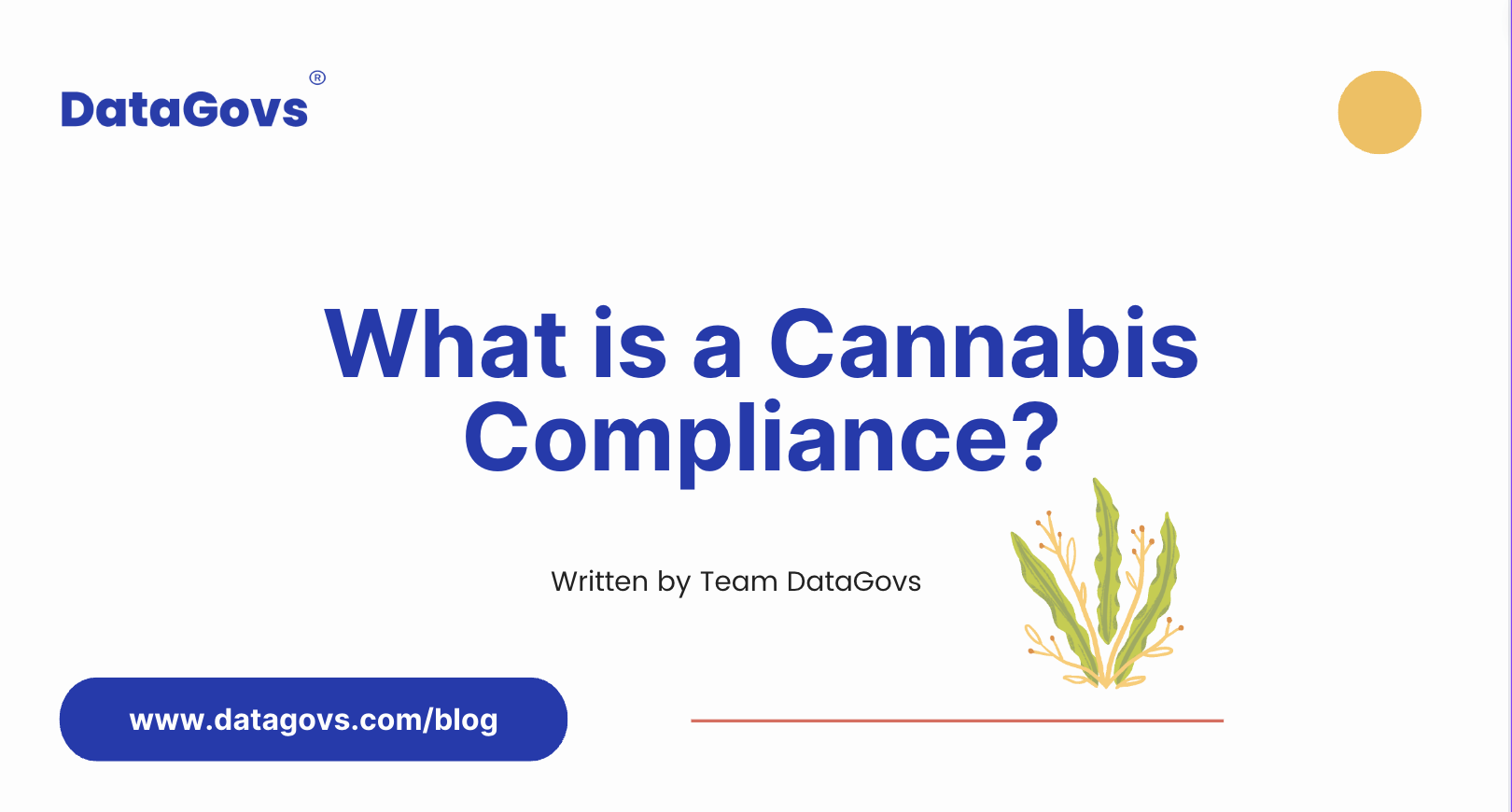Cannabis compliance refers to the aherence to laws and regulations related to the cultivation, distribution, and sale of cannabis products. In many US jurisdictions, the cultivation, distribution, and sale of cannabis products are regulated by state laws and agencies, and it is important for cannabis businesses to comply with these regulations in order to operate legally.
Some common regulations that cannabis businesses must comply with include:
-
Licensing: Cannabis businesses are often required to obtain licenses in order to operate legally. This may include licenses for cultivation, distribution, and sales.
-
Testing and labeling requirements: Cannabis products must be tested to ensure that they are safe for consumption and meet certain standards, such as limits on the levels of THC and other chemicals. In addition, these products must be labeled with accurate and complete information about their ingredients and potential risks.
-
Advertising and marketing restrictions: Cannabis businesses may be subject to restrictions on the way they advertise and market their products. For example, they may not be allowed to advertise in certain media or target certain audiences.
-
Taxes: Cannabis businesses may be required to pay special taxes on their products, in addition to regular sales taxes.
By complying with these and other regulations, cannabis businesses can operate legally and help to ensure the safety of their products for consumers. Non-compliant businesses may face fines, legal action, and other penalties.
Why Monitoring Cannabis State Licensing Compliance?
There are several steps that cannabis businesses can take to monitor state licensing requirements:
-
Stay up to date on changes to state laws and regulations: Cannabis laws and regulations can change frequently, so it is important for businesses to stay informed about any updates or changes that may affect their operations.
-
Review and understand state licensing requirements: Each state has its own specific requirements for cannabis licenses. It is important for businesses to review and understand these requirements in order to determine what is needed to apply for and maintain a license.
-
Apply for a state license: In order to legally operate a cannabis business, a state license is typically required. Businesses should follow the process for applying for a license in their state, including submitting any necessary documentation and paying any fees.
-
Renew licenses as needed: Many state licenses have expiration dates and must be renewed in order to remain valid. It is important for businesses to keep track of when their licenses are set to expire and to renew them in a timely manner.
-
Use a licensing management system: Some businesses choose to use a licensing management system to help them track and manage their state licenses. These systems can help businesses stay organized and ensure that all necessary licenses are up to date. DataGovs offers monitoring of license compliance across states in a unified API.
